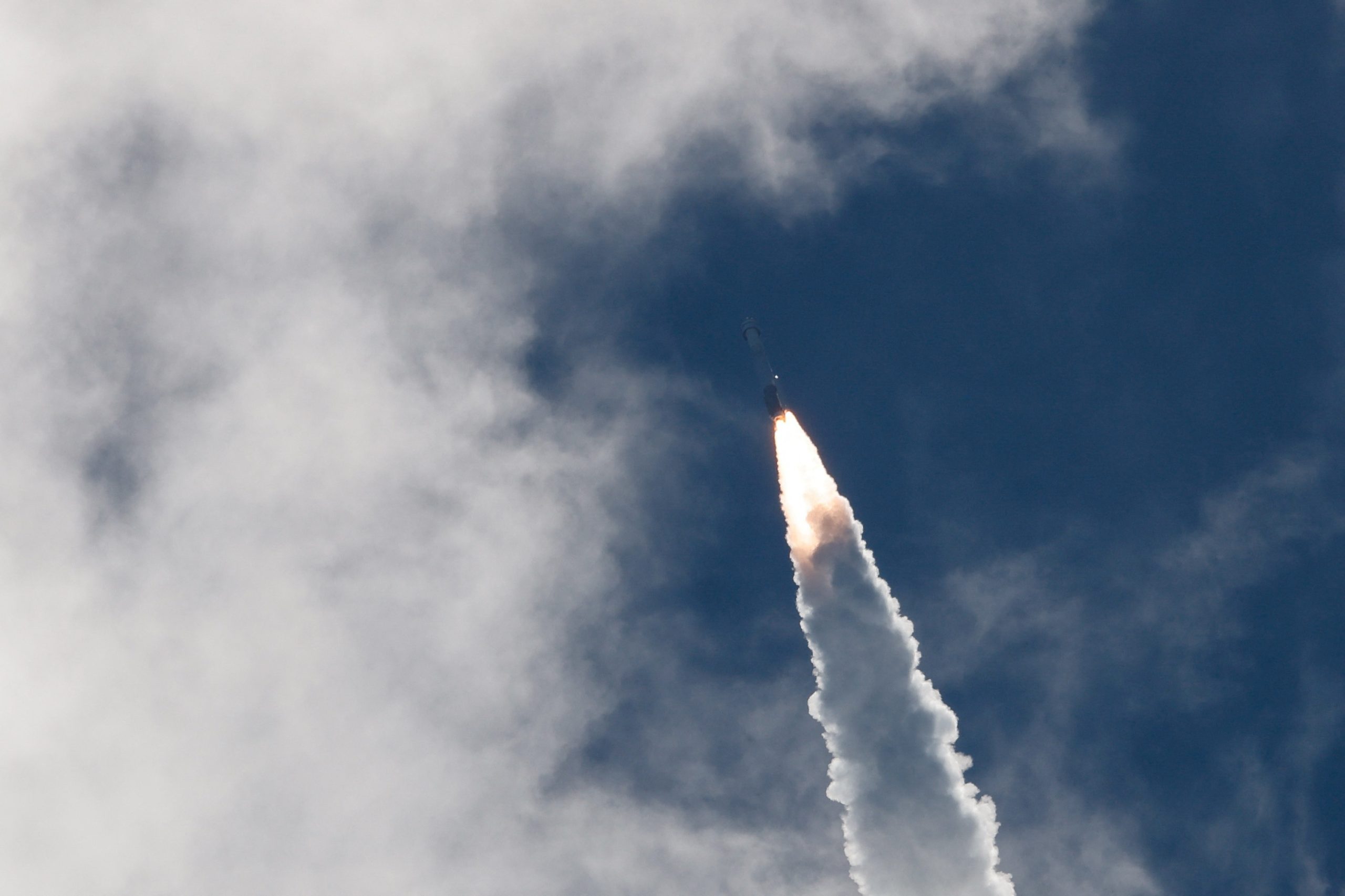Indians in Russian army await contract annulment

- Update Time : Sunday, September 8, 2024

Indians in Russian army await contract annulment
hindustantimes,
The release of nearly 70 Indians serving in the Russian Army has been held up as authorities in Moscow are yet to annul their contracts for military service, people familiar with the matter said on Saturday.
The release and repatriation of Indian nationals serving as support staff with Russian military units has become a hot button issue after the death of at least nine Indians on the frontlines of the war with Ukraine. Prime Minister Narendra Modi had raised the matter with Russian President Vladimir Putin when they met in Moscow in July.
The issue has been taken up through diplomatic channels in both New Delhi and Moscow since that meeting, the people cited above said on condition of anonymity. The release of nearly 70 Indians from the Russian Army has been held up primarily because Russia’s defence ministry is yet to take action to cancel their contracts, they said.

“The Russian defence ministry has to issue a decree annulling the contracts and that hasn’t happened as yet,” one of the people cited above said. A second person said the delay on the part of the Russian defence ministry could be due to apprehensions about the impact of such an annulment on contracts signed by nationals of other countries.
According to information provided by the government in recent weeks, a total of 91 Indians were recruited into the Russian Army and 15 of them have been released and repatriated to India. Sixty-eight Indians are currently awaiting release from the Russian Army.
External affairs minister S Jaishankar had alluded to the problem of the contracts while speaking in Lok Sabha on August 9. “The problem…is that the Russian authorities maintain that these Indian nationals entered into contracts for service with the Russian Army. We are not necessarily subscribing to that,” he said.
The Indian side takes the matter very seriously, and Modi got an assurance from Putin that any Indian in the service of the Russian Army will be discharged and released, Jaishankar said.
A day after Jaishankar’s statement in Parliament, the Russian embassy in New Delhi said the recruitment of Indian nationals into Russia’s armed forces was stopped in April this year, and authorities are working for the early discharge of Indians who “voluntarily contracted for military service”. The embassy also expressed condolences to the families of the dead and said all contractual obligations and compensation payments “will be fulfilled in full measure”.
Japan display makers pay dearly for failing to foresee iPhone’s LCD exit
Nikkei staff writers,
Japanese display makers, once the biggest suppliers of iPhone screens, will no longer be part of the Apple supply chain as they failed to anticipate the company’s total switchover to organic light-emitting diode (OLED) displays.
Apple has informed suppliers that the next iPhone SE, due out in 2025, will use OLED displays, Nikkei reported this past Tuesday. With the adoption of OLED on the SE, no new iPhone model will be equipped with an LCD screen.
Japan Display Inc. and Sharp supply LCDs for the third-generation iPhone SE, the current iteration. For higher-priced models, Apple procures OLED displays from South Korea’s Samsung Electronics and LG Display, as well as from China’s BOE Technology Group.
David Neither JDI nor Sharp mass-produces OLED screens for smartphones, meaning that Japanese companies will no longer supply display panels for the iPhones.
Sharp commercialized LCDs in the 1970s for calculator screens. LCDs were later adopted in mobile phones, personal computers and televisions. Until the late 1990s, Japanese suppliers controlled most of the global LCD market.

In the 2000s, Japanese players began losing ground in large TV panels as South Korean and Taiwanese companies expanded production facilities.
Adapting to this new reality, Japanese suppliers focused resources on small and midsize panels, banking on the products’ competitive advantage in saving energy.
JDI was born in 2012 from a merger led by Japan’s Ministry of Economy, Trade and Industry. Toshiba, Hitachi and Sony consolidated LCD operations into JDI, with engineers from Panasonic, Sanyo Electric and Seiko Epson joining the company.
At first, JDI enjoyed steady growth in business thanks to the rise of smartphones. JDI listed on the Tokyo Stock Exchange in March 2014.
JDI applied the proceeds from the listing toward expanding LCD production. Japanese suppliers had a 70% share in iPhone LCD screens around 2015.
But a turning point came that year when Apple decided to adopt OLED panels for new iPhones. With the iPhone 6s struggling, Apple sought to compete against Samsung, which had a head start in OLED phones.
Without astronauts, Boeing’s Starliner returns to Earth
Reuters,
Boeing’s Starliner spacecraft landed uncrewed in a New Mexico desert late on Friday, capping a three-month test mission hobbled by technical issues that forced the astronauts it had flown to the International Space Station to remain there until next year.

NASA astronauts Butch Wilmore and Suni Williams, who became the first crew to fly Starliner in June, remained on the ISS as Starliner autonomously undocked at 6:04 p.m. ET (2204 GMT) on Friday, beginning a six-hour trek to Earth using maneuvering thrusters that NASA last month deemed too risky for a crew.
How some of the biggest right-wing social media stars became unwitting mouthpieces of Russian propaganda
CNN,
They’re not on any of the major television networks, but they have millions of viewers. Now, the Justice Department is alleging that some of the biggest stars in right-wing social media were, unwittingly, part of a sinister Russian operation to influence the 2024 US election.
The personalities weren’t directly named or accused of wrongdoing by the Justice Department, but court documents unsealed Wednesday revealed Russian state media producers funneled nearly $10 million to an unnamed Tennessee-based online media company. The company, identified by CNN as Tenet Media, boasts a slate of high-profile right-wing commentators as “talent,” including Tim Pool, Benny Johnson, Lauren Southern, Tayler Hansen, Matt Christiansen and Dave Rubin, collectively boasting millions of followers across social media platforms.
Two Russian state media employees were charged with conspiracy to violate the Foreign Agents Registration Act and money laundering.
The secret payments pull back the curtain on some of the most popular right-wing personalities, who were paid millions of dollars by the Kremlin, without their knowledge according to the Justice Department to promote conservative narratives that furthered Russian interests. And while the influencer, podcaster, and online content creator space is booming, the indictment shows how open the new media ecosystem is to infiltration, where independent creators operate with few guardrails and little transparency.

What is Tenet Media?
Tenet Media launched last year, describing itself as “a network of heterodox commentators that focus on Western political and cultural issues” with six commentators, all of whom had established online presences in the conservative media ecosystem.
Some of Tenet’s commentators had careers at more mainstream media outlets prior to striking out on their own: Tim Pool was a reporter at Vice Media and Benny Johnson was a writer at BuzzFeed and the Independent Journal Review (Johnson was let go from both outlets) before becoming MAGA influencers.
DOJ alleges Russia funded US media company linked to right-wing social media stars
Rubin, once known as a libertarian who worked at the progressive network The Young Turks before making a right turn into conservative media, hosts his show “The Rubin Report” on Glenn Beck’s The Blaze and YouTube. Others, like Lauren Southern, have made their name in the online alt-right, White nationalism spaces (Southern has previously denied being a White nationalist).
The commentators assembled by Tenet boasted more than 6 million YouTube subscribers, but their influence has extended well beyond the Google-owned video platform. Pool, known for donning a black beanie on his broadcasts, has used his show to host far-right extremists, including Proud Boys leader Enrique Tarrio and Jack Posobiec. Earlier this year, Pool interviewed former President Donald Trump on his podcast.








Leave a Reply